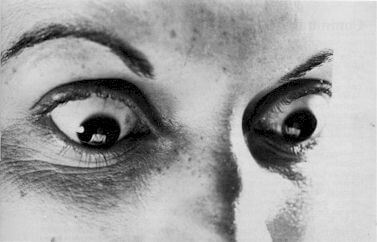Cultural Forum: The Poetry of Traditional Language
Those of us who were raised in societies which still have many traditional elements — and that includes much of rural America as well as the Balkans — have a unique insight into the changing nature of language. We know that everyday language is losing its poetry because we can compare our speech with that ...
Read More →
Did You Know What Other People Have to Say about Us?
“After a long circuitous ascent just before the Katara Pass (`the Damned’), the only motor-crossing of central Pindos, Metsovo appears to the southeast. It is a singular Greek village, justly famed for its stunning location, its popular architecture and handicrafts, and its inhabitants, who still dress in their traditional clothes. Many of the Metsovites are ...
Read More →
Portrait of a Family in Baieasa, 1912
Left to right: Marion Brikates, John Tegu (father), Chiamo Tegu (mother), Grandmother Tegu, Bigger boy, Peter, Lucia Perkins and T. Steven Tegu. This excellent portrait of a family group was taken by an unknown Vlach photographer in Baieasa, Greece, in 1912, when the science of photography was in its infancy. The large and clumsy camera ...
Read More →
From the Editor
The Steve Tegu Issue Several people complained that there was no article by Steve Tegu in the last issue of our Newsletter. This was entirely the Editor’s fault, not Steve’s, and to make up for it, we have obtained not just one but two articles from Dr. Tegu for this issue, which we dedicate to him. Many ...
Read More →
Community News
We have suffered several tragic losses recently: two veteran members of the Society Farsarotul from New York — George Gecca and Christy (Kiciu) Balamaci — and one of our longtime Directors from Bridgeport — Constantine (Cociu) Jombur, who was also a very active leader in the Society Perivolea. With their passing, we have lost an ...
Read More →
The Evil Eye
The mothers of Baieasa, like all the women of Epirus, had the difficult task of raising the children without the benefit of doctors — and often without the help of their husbands. I suppose that in ancient times, the men were absent from home for long periods of time, while serving in the army and ...
Read More →


